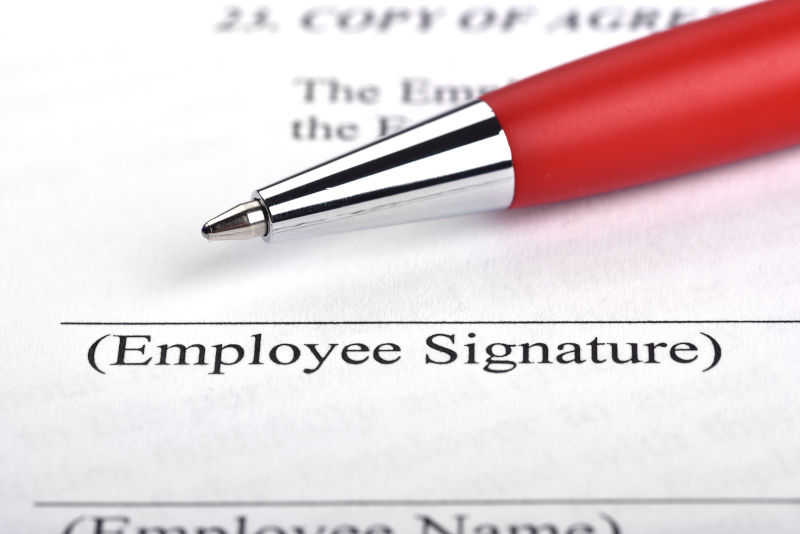Protected disclosure is when an individual reports/exposes the wrongdoing of a company in the public interest.
An employee has many benefits to exposing a company’s wrongdoings. For example, it allows an employee to act on their ethical and moral principles, it promotes accountability and there is also protection put in place to shield employees from suffering adverse consequences because of the whistleblowing.
Who is protected?
Whistleblowing legislation protects employees, workers, certain job applicants in the NHS and those in Crown Employment.
If an employee makes a protected disclosure in the public interest, they have a right not to suffer any detriment and/or be subject to automatic dismissal.
There are two ways an employee could bring a claim:
- Automatic unfair dismissal
An employee will be regarded as automatically unfairly dismissed if the reason for the dismissal is that the employee has made a protected disclosure and the disclosure made was a protected disclosure within the Employment Rights Act 1996. This also waives the qualifying period of service, which is usually required in an unfair dismissal claim.
- Detriment suffered
This will apply if an employee has made a protected disclosure and has suffered a detriment as a result. An employee will need to prove this, and the employer will have the burden to prove a reason for the treatment.
If any of these apply, an employee and/or worker may be able to bring a claim in the employment tribunal.
The significance for employers having a whistleblowing policy
Previously, there was a widespread recognition that organisations had a culture which discouraged the reporting of wrongdoing and viewed whistleblowing as an act of disloyalty. As a result, it allowed companies to commit fraud and corruption.
As a result, whistleblowing legislation came into place, which refrains employers from dismissing workers and/or subjecting them to any other detriment because of the protected disclosure.
The benefits of incorporating a whistleblowing policy:
- It allows a transparency and openness, where individuals in the workplace do not feel that they will be victimized if they expose a wrongdoing.
- It allows effective compliance and internal control, as any concerns can be addressed to avoid more serious breaches and reputational damage.
- It avoids an employee from reporting their concerns externally, which could cause a serious reputational risk to an employer.
- It will lessen the risk that whistleblowers will be dismissed or suffer a detriment which could lead to litigation under the whistleblowing legislation.
- It encourages a positive culture and create a safe working environment for employees.
- Avoids potential criminal liability.
A whistleblowing policy is essential to maintaining transparency, upholding ethical standards, and addressing issues promptly. Ultimately, it benefits employees, stakeholders, and the broader community by helping protect the organisation’s interests and fostering a more ethical and responsible corporate culture.
Do you need employment advice regarding whistleblowing? Call our expert team on 01423 788538 or email enquiries@truthlegal.com
Further Reading
From one of the UK’s most read legal blogs.










